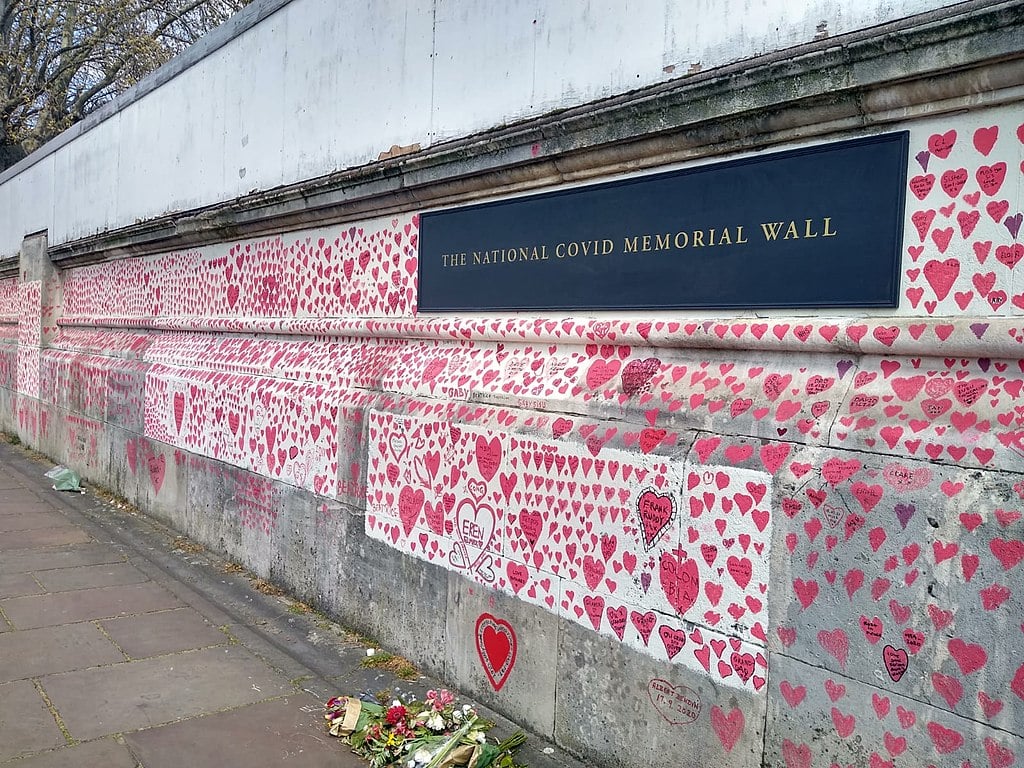I don’t have more free time.
I have felt burnt out,
compelled to refrain
from complaining
about doing schoolwork,
about loss of income,
about living alone,
about how to process change.
My losses could be worse,
I sometimes feel guilty
for even comparing
to those who have experienced
the death
of loved ones.
I have to remind myself that
my problems are real,
my feelings are valid,
my pain does matter.
I’m still trying
to give myself
the permission
and room
to grieve
those losses.

This poem is inspired by recent research, which has investigated how young adults have coped with loss during the COVID-19 pandemic.
Shadowloss is any type of loss where there is no dead body present. The term was coined by the researcher Cole Imperi, who created the word in order to fill the gap in the English language for how certain kinds of loss can be described. In relation to COVID-19, shadowloss might include losing social experiences, not seeing family or friends in person, or being unable to attend significant life course milestones such as weddings and funerals.
In this new study, researchers from both Washington State University and the University of Wisconsin asked their students to write stories about their earliest and most significant losses regarding COVID-19. While grieving deaths were mentioned by several of the students, the majority of them wrote about shadowlosses such as missing graduation, loss of income, and concerns about academic success. In analysing these stories, the researchers found that the students tended to minimize these losses, despite the dramatic impact that they were clearly having on their health and wellbeing. While young adults were found to have developed a variety of coping strategies to help them make sense of the changes brought about by COVID-19, they also experienced substantial loss, the majority of which was not linked directly to death. This research highlights the need to first acknowledge these other losses, and to help co-develop new approaches for coping with them.
Wow – that is a very powerful piece of writing
Thanks Fiona.
The words are all from the participants of the study, just rearranged to help tell their stories. It was an amazing and rich piece of research that inspired it.
What Fiona said. Thanks for doing this one, Sam. Good work.
Thanks Adam. 😀